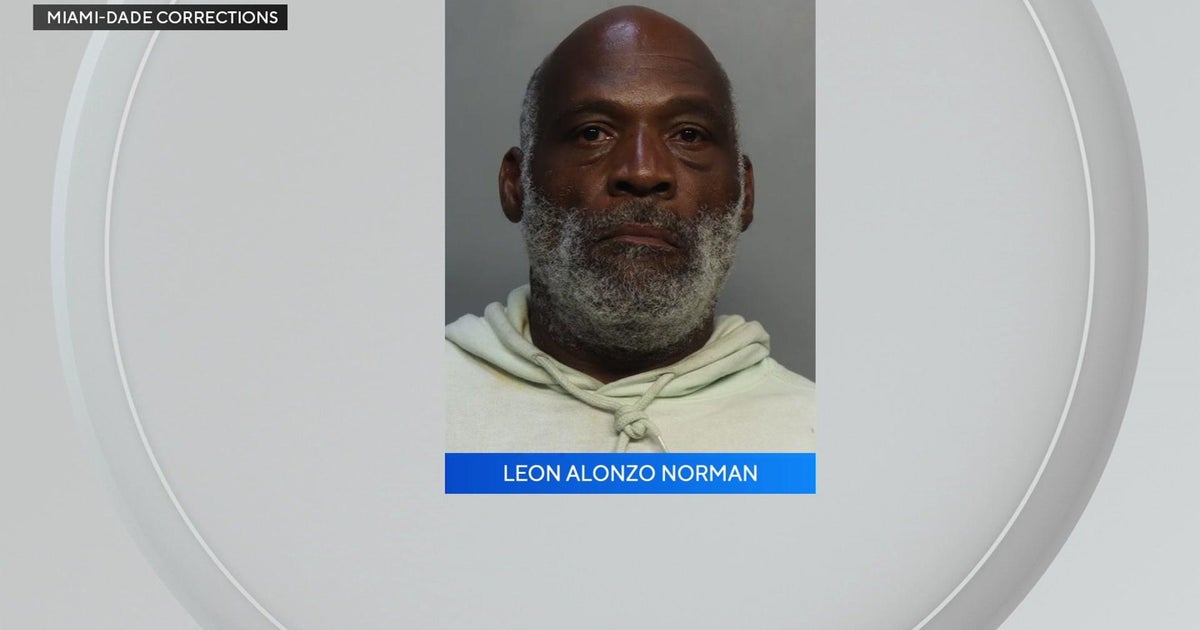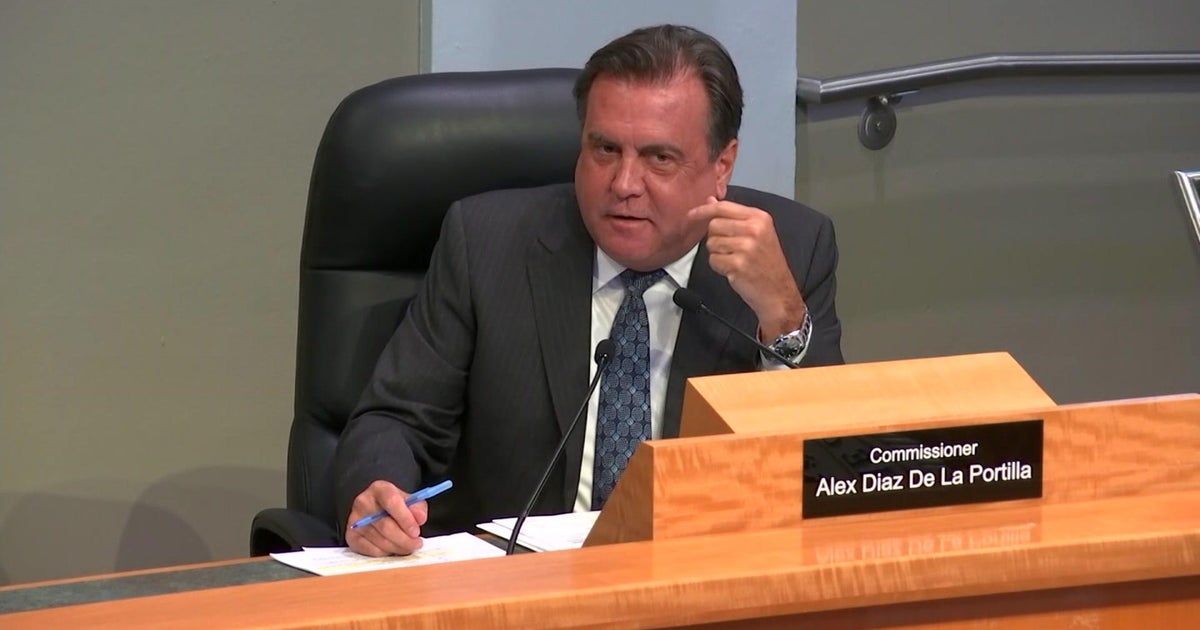Lawyers Of Anti-Castro Agent Accuse US Of Luring Client
El PASO, Texas (CBS4) - Lawyers for a former CIA agent charged with perjury and other offenses grilled a Miami-based attorney on Tuesday. They say she granted Luis Posada Carriles an immigration hearing only because she was helping federal prosecutors gather evidence they could use to bring criminal charges against him.
The attorney for the Department of Homeland Security, Gina Garrett-Jackson, testified that federal authorities were considering pressing charges against anti-Castro militant Carriles even as they prepared to interrogate him during an immigration hearing in 2005.
Posada, 82, is charged with 11 counts of perjury, obstruction and naturalization fraud -- accused of making false statements under oath during immigration interviews in El Paso, after he sneaked into the United States and sought political asylum. Prosecutors say he lied about how he reached American soil and failed to acknowledge his role in 1997 Cuban hotel bombings.
Garrett-Jackson questioned Posada during those immigration proceedings over three days in August 2005, and defense attorneys contend she knew Posada wouldn't be granted asylum but allowed him to submit to the hearing so federal prosecutors could gather evidence against him.
Even though the immigration proceedings were a civil matter, Garrett-Jackson testified that she spoke to DEA and FBI agents while preparing to question him and e-mailed U.S. attorneys about possible criminal charges -- though prosecutors showed little interest in pursuing them. She said that was part of normal government protocol.
Garrett-Jackson also said she tried to set up a conference call to discuss criminal charges against Posada but could not recall if it ever took place. She acknowledged writing an e-mail in January 2006 that said the FBI wanted notice if Posada was ever freed from prison while the immigration proceedings against him continued because, "I think they intend to take him into custody."
Posada was ultimately charged, but only for making false statements during the immigration hearings.
Asked repeatedly during cross-examination, Garrett-Jackson denied accusations of entrapment, saying she was only doing her job in fully preparing for the hearings with Posada.
Garrett-Jackson's testimony is important because it illustrates the lies under oath the government is accusing Posada of telling. On the stand last week, she read from transcripts of the immigration hearings and jurors also heard tapes of the sessions. Posada said he paid a smuggler to escort him through Mexico and into Texas, but prosecutors maintain he actually sailed from a resort near Cancun to Miami.
Garrett-Jackson also was heard pressing Posada about his role in about a dozen bombs that rocked tourist hotels and one restaurant in Havana in 1997, killing Italian tourist Fabio di Celmo. She asked him about 1998 interviews with The New York Times in which he claimed responsibility for the bombings.
During the immigration hearings, Posada denied involvement and said he didn't know what he was claiming responsibility for in the Times interviews because they were conducted in English, a language he doesn't understand. Past CIA reports on Posada indicate he can speak English.
When asked during cross examination why she asked so many questions about Posada's past during the hearing, Garrett-Jackson said Posada seemed too old to sneak over the Rio Grande to the U.S., and that she was therefore challenging other areas of his credibility.
Posada was arrested in 2000 in Panama for planning to kill Castro during a regional summit there. Defense attorneys also questioned Garrett-Jackson on why Posada was allowed to submit to naturalization hearings if his prior criminal conviction would have made him ineligible for U.S. citizenship.
Garrett-Jackson responded that there were actually five obstacles to Posada's seeking U.S. naturalization, including the Panama conviction and suspected links to terrorism for his other past activities. She did not say what the other three were.
But Garrett-Jackson said she went ahead with the hearing because "he had a right to be heard" as part of his effort to seek U.S. political asylum.
"He chose to have a hearing," she told the jury. "The department cannot bar him from going forward."
Also Tuesday, Judge Kathleen Cardone ruled that the reporter who interviewed Posada for the Times, Ann Louise Bardach, must bring a painting he gave her when she comes to El Paso to testify. Posada is an amateur painter and prosecutors have argued that the painting constitutes a gift given as part of the interview.
Posada's attorneys say he "essentially told the truth" during the 2005 immigration hearings. They acknowledge that a shrimp boat converted into a yacht traveled to Mexico and made contact with Posada, but they say the vessel only came to leave him cash to pay a smuggler to get him to U.S. territory. They also say Posada claimed some responsibility in the 1997 hotel bombings as a well-known anti-Castro operative but was not directly involved.
Cuba and Venezuela accuse Posada not only of the hotel bombings but also of plotting an explosion aboard a 1976 Cuban airliner that killed 73 people. The U.S. has not charged him in either matter, and an immigration judge previously ruled Posada cannot be deported to those countries for fear he could be tortured.
Born in Cuba, Posada worked for the CIA in the early 1960s in Florida and briefly joined the U.S. Army. He later moved to Venezuela and became head of that country's intelligence service until 1974. Posada was acquitted by a military tribunal in the airline bombing but escaped from prison before a government retrial.
He next surfaced in El Salvador, where he worked on the covert Washington-backed program aiding the "contra" rebels in Nicaragua. After the failed plot against Castro in 2000, Posada was imprisoned but eventually received a presidential pardon. He then headed to U.S.
(© 2010 CBS Broadcasting Inc. All Rights Reserved. This material may not be published, broadcast, rewritten, or redistributed. The Associated Press contributed to this report.)



